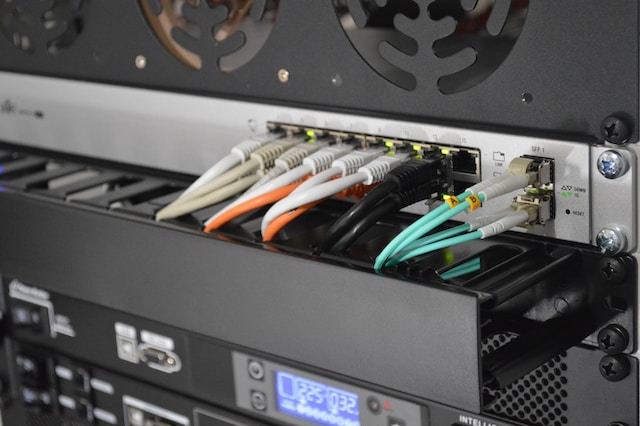Distributive Justice and the Internet
Applying theories of distributive justice to the Internet

Between 2013 and 2015 I worked on papers that applied theories of distributive justice (specially, Michael Walzer’s complex equality and John Rawls’ justice as fairness) to issues of Internet regulation.
In his book The Master Switch: The Rise and Fall of Information Empires, Tim Wu proposes a ‘Separation Principle’ that the control of communication infrastructure should be separated from control over the information transmitted across it. In (Douglas, 2014), I suggest that the Separation Principle can be further justified by appealing to Michael Walzer’s concept of complex equality. In this analysis, the integrated control of communication infrastructure and control over who can use it is unjust as the infrastructure sphere is influencing the sphere of expression. This provides further justification for Wu’s Separation Principle and for resisting the monopolisation of information networks.
In (Douglas, 2015), I suggest that the social justice issues raised by Internet regulation be exposed and examined by using a methodology adapted from that described by John Rawls in A Theory of Justice. Rawls’ theory uses the hypothetical scenario of people deliberating about the justice of social institutions from the ‘original position’ as a method of removing bias in decision-making about justice. The original position imposes a ‘veil of ignorance’ that hides the particular circumstances of individuals from them so that they will not be influenced by self-interest. I adapt Rawls’ methodology by introducing an abstract description of information technology to those deliberating about justice from within the original position. This abstract description focuses on information devices that users can use to access information (and which may record information about them as well) and information networks that information devices use to communicate. The abstractness of this description prevents the particular characteristics of the Internet and the devices being used from influencing the decisions about the just use and regulation of information technology and networks. From this abstract position, the principles of justice that the participants accept for the rest of society will also apply to the devices people use to communicate, and to Internet regulation.